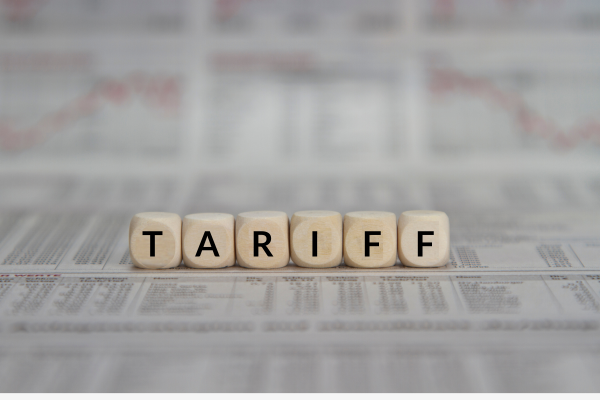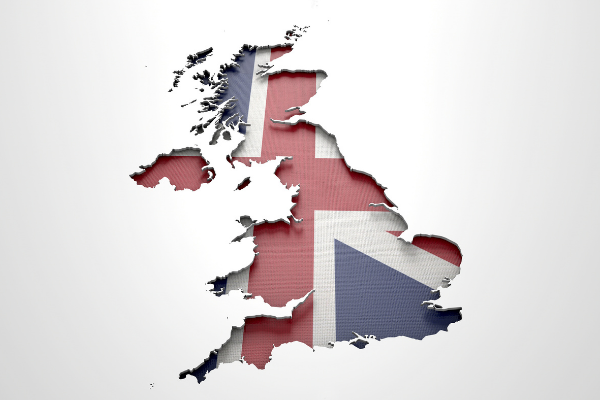The importance of getting it right: Export of Dual Use goods from the UK to EU Member States
BY:
Gail Leeson
7 July 2021
SHARE:

Leaving the EU has been impactful for those manufacturers exporting goods subject to Dual Use controls, particularly those exporting controlled goods unaware that regulatory controls may apply at the UK border, and that licences are necessary for their exports.
Recent trends with UK manufacturers: Classification, Ex-Works Incoterm ® and Inaccurate declaration of a Dual Use licence.
· Classification
For those UK companies with no previous experience of exporting before EU Exit, goods’ tariff classification is a new but essential data capture element to enable accurate declaration of goods at export.
Accurate classification using the UK Global Tariff can alert the trader that a dual use control may apply (check export ‘conditions’ against the tariff line), and that a licence is required before export can take place.
It is important to give consideration to the tariff ‘conditions’ for export, and have the goods checked for control applicability.
The back stop for goods control consideration at export may be when the declaring agent calls the exporter to check whether a control applies to the consignment and whether a licence is required. The agent will be calling as the possible control measure has been flagged on input of the tariff code into CHIEF, with the declaring agent prompted to declare a licence or declare the positive statement of No Licence Required.
· UK Ex-works collection by the EU Customer – Is the UK supplier responsible for export compliance?
A UK trader may appear to relinquish responsibility for goods collected on an ex-works incoterm, assuming that the responsibility for export formalities has passed to their customer.
An EU customer making provision for collection of goods from a UK supplier may not have the ability to be exporter of record if not registered to export from the UK.
A busy agent making the declaration on behalf of the customer and provided with the UK supplier’s invoice including the UK VAT number, could readily determine a UK company EORI, and make the customs entry using that information.
Some UK manufacturers are noticing that their ex-works collections are being declared against their UK EORIs without their permission having been given.
Where the consignment contains dual use goods, this will be a serious issue for the UK supplier
Evidence of export is also necessary to enable VAT zero rating.
Without evidence of an export the UK trader could be exposed to 20% VAT charge.
· Classified appropriately with licences incorrectly declared at export.
Falling at the final hurdle - border control:
The manufacturer has successfully classified their goods and holds a valid export licence.
The licence is not declared in Box 44 of the customs entry, leaving the exporter in breach of the licence condition to declare the licence at export. This leaves the exporter vulnerable to a Voluntary Disclosure to HMRC post event.
It can often be Border Force that is alerted to the potential of a licensable consignment being prepared for export, whether by destination, gathered intelligence or simply that the tariff code flags possible controls.
Border Force can impound the goods until the goods control measure is clarified, confirmed and appropriately provisioned.
Accurate classification of goods for export, attention to any licence provision, and due consideration to which contractual party will be responsible for export formalities are now essential considerations for UK manufacturers with overseas sales contracts.
Further information:
The Export Control Joint Unit published further guidance on dual use licence declarations in the Notice to Exporters 2021/07 dated 11th June 2021.
The same guidance explains the licence application process, and the dual use open licences that are available to UK exporters. Notice to Exporters
EU Dual Use Regulation
While you are here you may be interested in some Strong & Herd LLP training courses related to this
topic, we offer a wide range of high quality training courses to support all importing and exporting activities.
International Trade Up-dates into your inbox twice a month
Would you like to keep up to date on customs and international trade issues – subscribe to our OneCall service which combines regular practical updates (Did You Know?) and a helpline support service as well as an interactive members' area with a members' only community. View OneCall Packages
Spotlight & Training Updates Newsletter
Subscribe
to our free information emails covering international trade topics ....
OneCall™ Email assistance as and when required; A one-call solution for all your import, export and customs enquiries. Export help. Import help. Customs help.
Stay informed about customs and international trade matters by subscribing to our OneCall™ service. This comprehensive offering includes a dedicated email helpline for support, timely practical updates direct to your inbox (Did You Know?), monthly UK Customs & Trade Briefings and access to an interactive members' area with an exclusive community for our subscribers.
International Trade Updates & Spotlight Newsletter
Subscribe to our free information emails covering international trade topics...
MORE INDUSTRY INSIGHTS...

The UK Global Trade Tariff is updated regularly to keep up with World Customs Organisation (WCO) Harmonised System and EU Combined Nomenclature compliance changes, as well as local UK technical and operational updates, to ensure the flow of trade remains consistent with national and international regulations.








